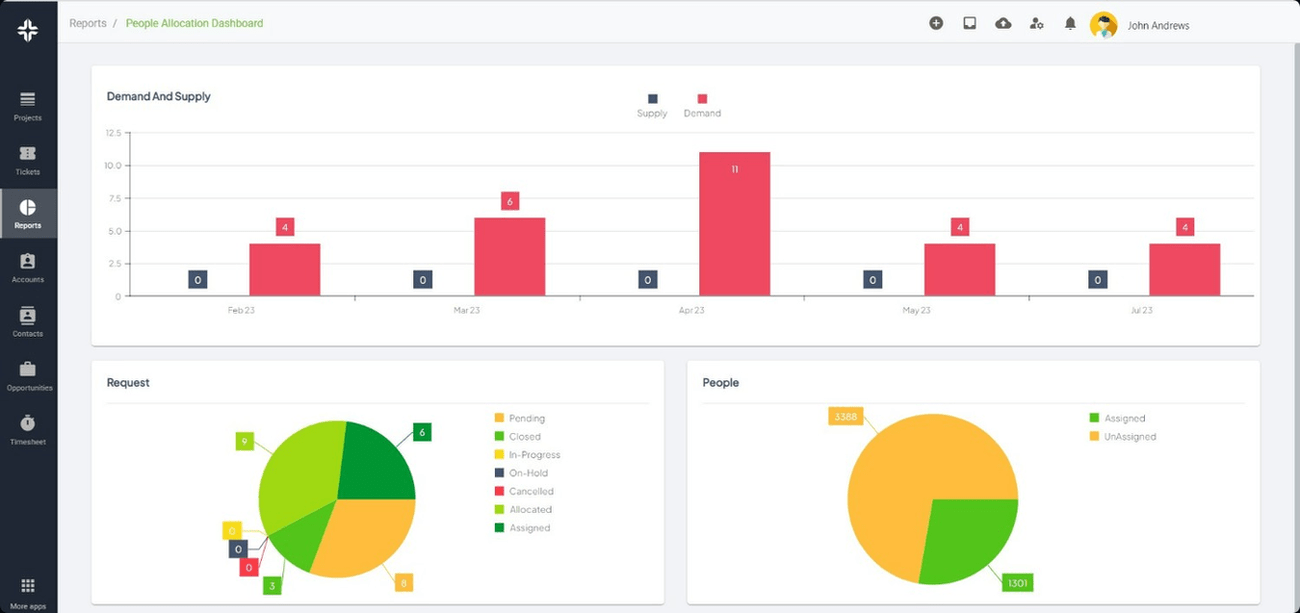Home » PSApedia
Escalation Frequency
Control Escalation Frequency for Smoother Operations. Optimize Response Times and Improve Service.

What Is Escalation Frequency?
The escalation frequency refers to how often individuals report unresolved or recurring problems to higher-level authorities within an organization. This occurs when we have not adequately addressed the issues. These escalations can range from customer complaints needing managerial attention to internal project challenges necessitating oversight from senior leadership.
Escalation frequency plays a crucial role in maintaining the smooth functioning of any organization. It serves as a barometer of the effectiveness of problem-solving mechanisms in place. When individuals feel the need to escalate issues, it indicates that the existing channels for resolution are not yielding satisfactory results.
Why Is Escalation Frequency Important?
Regularly occurring escalations can indicate underlying issues in a system or process. If customers frequently escalate complaints about a particular feature of a product, it suggests a potential flaw in that feature.
In the realm of project management, recurring escalations can signal communication breakdowns, resource allocation problems, or misalignment of project goals. Understanding resource management can greatly reduce such issues.
High escalation frequency strains upper management, diverting their attention from strategic tasks to operational issues.

Why Is Escalation Frequency Important?
Understanding the Key Triggers for Escalations
Several triggers can lead to frequent escalations:
- Resource Limitations: Often, teams lack the necessary resources to handle tasks efficiently. An insight into efficient project financial management can offer solutions.
- Communication Gaps: Poor communication can result in unresolved issues which escalate over time. Effective communication is the key to prevention.
- Lack of Training: If frontline employees lack adequate training, they may be unequipped to handle complex issues, leading to increased escalations. Investing in good resource management software can provide the necessary training tools.
Differences Between Escalation Frequency and Escalation Intensity
While ‘frequency’ measures how often escalations occur, ‘intensity’ gauges the severity of each escalation. A small customer complaint is not as serious as a major product flaw that can harm a brand’s reputation.
Regular minor escalations might be less concerning than infrequent but intense escalations. Hence, businesses need a dual focus on both metrics for a holistic overview.
| Aspect | Escalation Frequency | Escalation Intensity |
|---|---|---|
| Definition | How often an issue is escalated or raised. | The degree or level of seriousness when an issue is escalated. |
| Focus | Frequency focuses on how many times an issue is escalated. | Intensity focuses on the gravity or impact of the escalation. |
| Measurement | Typically measured in occurrences per unit of time (e.g., per day, per week). |
Measured on a scale indicating the severity, urgency, or importance of the escalation. |
| Example | Issue is escalated three times in a week. | Issue is escalated with high urgency due to critical errors. |
| Impact on Resources | May require more attention and resources over time. | Often requires immediate and significant resource allocation. |
| Management Approach | May require process optimization and prevention of recurring escalations. | Demands rapid problem-solving and crisis management. |
| Typical Metrics | Escalation rate, escalation trends over time. | Severity levels (e.g., low, medium, high), impact assessments. |
Practical Uses of Monitoring Escalation Frequency
By keeping a tab on escalation frequency, organizations can:
- Identify Process Gaps: Frequent escalations in the deal management software could indicate a need for system refinement or employee training.
- Allocate Resources Efficiently: Insights from resource management can help realign resources to problem areas.
- Enhancing Customer Experience: Proactively addressing regular escalations can lead to improved customer satisfaction by resolving issues.
If lots of customers are complaining about a product feature, it’s a good idea to check how we handle the product. This evaluation could help identify any issues or areas for improvement in the product’s management. By addressing these concerns, the company can work towards resolving the complaints and enhancing customer satisfaction.
Ready to Optimize Your Escalation Management?
KEBS provides tools to enhance operational efficiency, including project, ticket, and financial management. With robust analytics and insights, you can keep a finger on the pulse of your escalation metrics and drive proactive improvements.

KEBS Resource Management
Unsure where to begin? Start by exploring KEBS’s comprehensive eBook on PSA to understand how PSA software can transform your escalation management approach. If you’re ready to deep dive, schedule a demo or contact us for personalized guidance!



